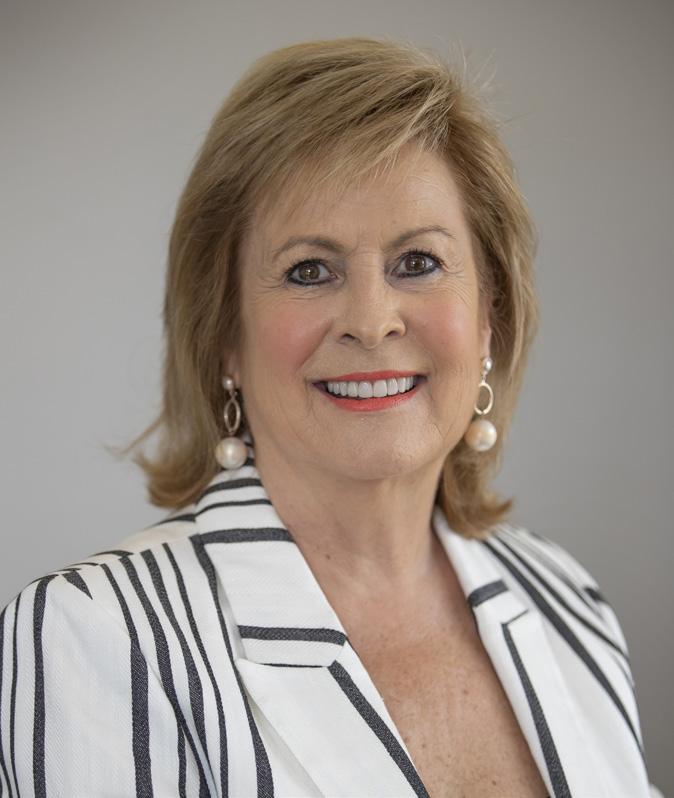ETHICS
ETHICS ROUND TABLE Recently, eight students from Year 10 participated in the first ever Ethics Olympiad at Diocesan, along with senior students from nine other Auckland schools. Students were provided with a unique opportunity to engage with the other teams in discussions around interesting and important ethical issues. Each team had to construct good moral and ethical arguments based on a scenario that was given to them. They had to collaboratively form their arguments and listen carefully to the other team, not through debating the points but through clear, concise, respectful discourse.
28
Competing in the Ethics Olympiad was an experience that not only allowed students to explore their view of contentious moral debates, but also to expand their knowledge of global issues. Nina Blumenfeld
In preparation, Ms Blumenfeld and Mrs Buswell met with the eight students over a period of about six weeks. The students were Ella Riley, Lucy Russ, Lucy Tucker, Margaret Su, Madeleine Jorgenson, Sarah Ellis, Sarah Wong and Grace Fields. In each session they used one scenario and discussed the issues surrounding the ethical problems within it.
“Prior to the event, our group met up to prepare. Each time, we would start by diving headfirst into a case study about a particular topic. Whether it was ‘China’s social credit system’ or ‘Nazi-saluting pugs’, the studies were as diverse as they were fascinating. After analysing the scenario, we answered questions about it. This was when we decided where we stood in terms of controversial areas of the situation and explained what reasoning we had to validate our arguments. Everyone had an opportunity to participate in the discussions, and by the end of the practice we left with far more knowledge than we came in with, and with our eyes opened to the variety of perspectives on a topic that at first we had seen as transparent.
Here are some comments from the Diocesan participants:
“I must admit, when I was first invited to participate in the Ethics Olympiad,
DIO TODAY
I expected to be sitting in a room writing about archaic, hypothetic moral quandaries that I couldn’t relate to or expand on. In reality, the Ethics Olympiad was an interesting and compelling opportunity to think in abstract ways about real, current topics. I thoroughly enjoyed my experience, and I’m confident that all the other participants did as well. “There were three rounds, and in each you sat down with your team, the opposition and the adjudicator. Teams took turns presenting their views on an ethical question, while the other team would critique their argument. It differed from debating in that we weren’t required to disagree with them, just to draw attention to flaws and weaknesses in their reasoning. After











































